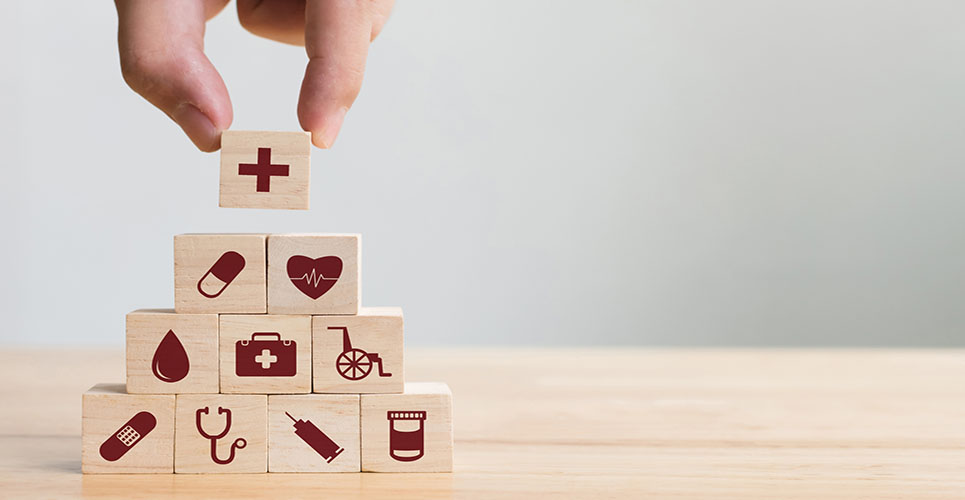teaser
Drug counterfeiting is rising, but the industry is not taking enough action to combat the problem, a study suggests.
Fake drug sales are set to reach £38bn by 2010, according to World Health Organisation predictions, affecting economies, damaging brands and – above all – threatening patient safety.
A study by consultancy Frost & Sullivan for patient safety communications company Aegate reviewed measures to address the issue, both at national legislative level and using new technologies, and concluded there is an urgent need for less “talking” and more action.
Frost spokesman Andrew Calvert said: “With the current growth of the counterfeit drug market, the industry needs to stop talking about finding a solution and start working together to put one in place.”

Mass serialisation, in which each pallet, case or individual package of drugs receives a unique number, could help combat the trade, Frost & Sullivan said.
Despite the set-up costs of such systems, pharmaceutical companies and governments would enjoy a secure supply chain, improved product recall, brand protection, point-of-sale security, and improved service to pharmacists and patients.
“With mass serialisation ready and accessible to make a difference now, the industry is running out of excuses for not facing up to their moral responsibilities and putting patients first,” Mr Calvert said.
Copyright © PA Business 2008
